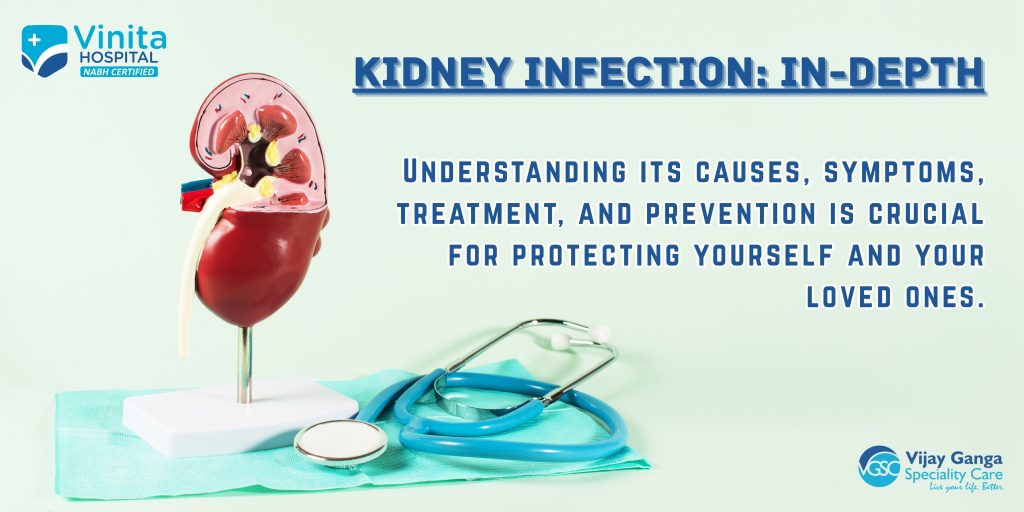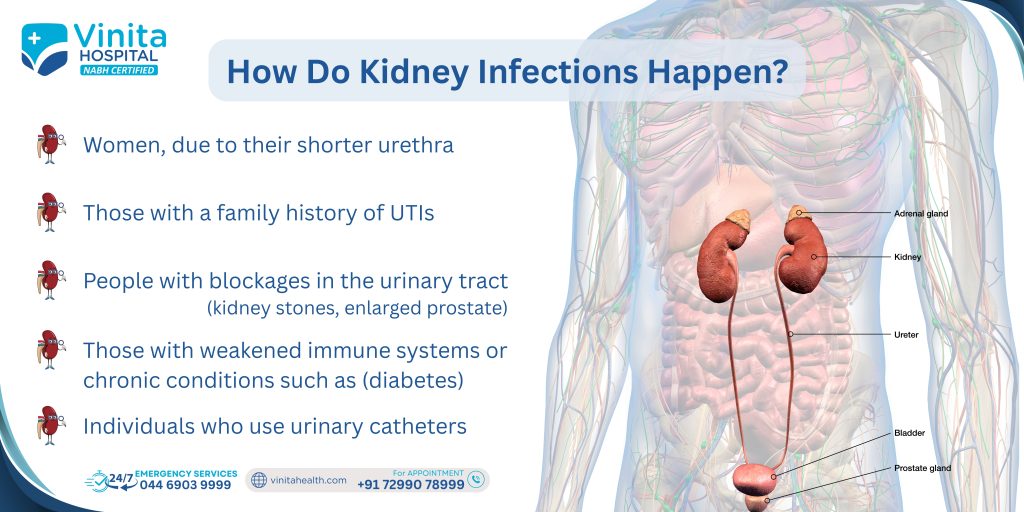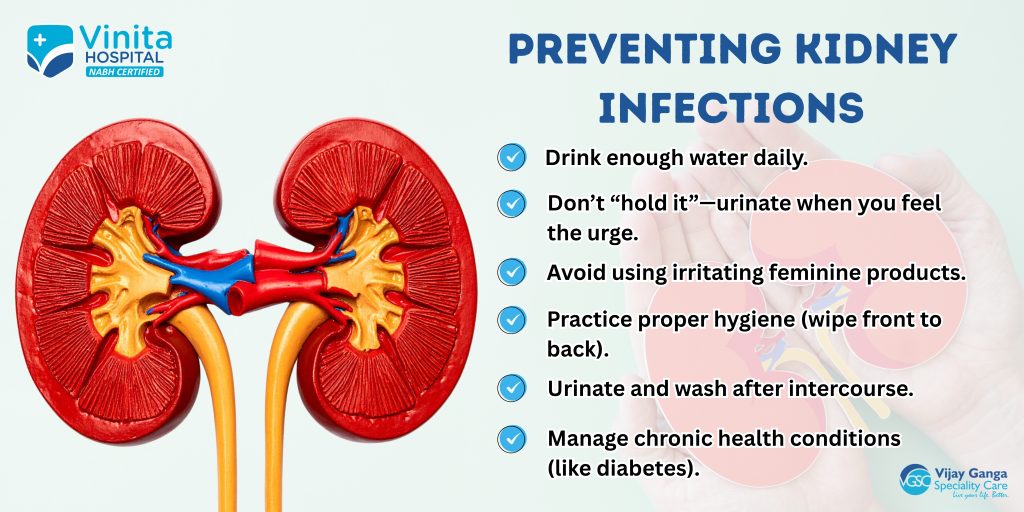Kidney Infection: In-Depth

A kidney infection, medically known as Pyelonephritis, is a significant health concern that can affect anyone. Understanding its causes, symptoms, treatment, and prevention is crucial for protecting yourself and your loved ones.
What is a Kidney Infection?
A kidney infection is a type of urinary tract infection (UTI) that starts in the bladder or urethra and travels upward to one or both kidneys. The kidneys are vital organs that remove waste and excess fluid from our blood, forming urine to excrete these wastes. If bacteria reach the kidneys, the result can be a severe infection that has potential to damage kidney function or spread to the bloodstream, which can be life-threatening if left untreated.
How do Kidney Infections Happen?

- Women, due to their shorter urethra.
- Those with a family history of UTIs.
- People with blockages in the urinary tract (kidney stones, enlarged prostate).
- Those with weakened immune systems or chronic conditions such as (diabetes).
- Individuals who use urinary catheters
Young children and the elderly can also be more susceptible due to anatomical, post menopause ladies or immune system factors.
Recognizing Kidney Infection Symptoms
Symptoms usually develop quickly, within hours or a day, and may include:
- High fever (often >38°C), chills, and shivering.
- Flank pain (pain in the back and side, below the ribs).
- Nausea and vomiting.
- Frequent urge to urinate, burning or pain during urination.
- Blood, pus, or an unusual smell in urine.
- Fatigue, feeling unwell, confusion (especially in older adults).
Symptoms in children might be nonspecific—such as abdominal pain, unexplained fever, or bed-wetting—while elderly people may only show confusion or behavioural changes.
Diagnosis: How is a Kidney Infection Identified?
Doctors usually make a diagnosis by:
- Reviewing symptoms and medical history.
- Performing a physical examination (checking for kidney tenderness).
- Testing urine for bacteria, blood, or pus (urinalysis and culture).
- Sometimes, ordering imaging studies (ultrasound or CT scan) if abscesses, stones, or other problems are suspected.
Prompt and accurate diagnosis ensures the right treatment plan is started quickly.
Treatment: What to Expect
Kidney infections almost always require prescription antibiotics. In less severe cases, treatment is oral antibiotics at home for 7–14 days. Severe cases, or those unable to tolerate oral medications, are hospitalized for intravenous (IV) antibiotics and fluids.
- Your doctor may switch antibiotics, depending on test results and clinical response.
- Drinking plenty of water helps flush out bacteria.
- Rest is essential. Painkillers such as paracetamol are safe, but avoid NSAIDs unless advised by a doctor.
- It’s vital to finish the full course of antibiotics to ensure complete eradication of the infection, even if you feel better after a few days.
- Rarely, persistent or recurrent infections may need additional investigation or surgery to correct underlying issues.
Delay in treatment can lead to serious complications:
- Permanent kidney damage (scarring).
- Recurring kidney infections.
- Blood poisoning (sepsis), which can be fatal.
Preventing Kidney Infections

Taking care of your urinary tract can lower your risk:
- Drink enough water daily.
- Don’t “hold it”—urinate when you feel the urge.
- Avoid using irritating feminine products.
- Practice proper hygiene (wipe front to back).
- Urinate and wash after intercourse.
- Manage chronic health conditions (like diabetes).
If you experience repeated UTIs or kidney infections, your doctor may suggest tests for underlying causes.
When to Worry and Seek Help
See a doctor promptly if you have:
- Symptoms of a UTI (burning, frequent urination) plus fever or back/flank pain.
- Severe symptoms such as vomiting, confusion, or inability to keep fluids down.
- No improvement or worsening after 24–48 hours of antibiotics.
- Special circumstances: pregnancy, diabetes, kidney disease, or a weak immune system.
In rare cases, untreated kidney infections can progress rapidly and become life-threatening, especially in young children, older adults, and those with chronic illnesses.
Final Thoughts
A kidney infection is much more than a simple UTI. While most people recover fully with timely treatment, untreated cases can have serious consequences. If you have urinary symptoms plus fever, back pain, or significant discomfort—see a healthcare professional quickly. Knowledge and early action are key to staying healthy..
Read also Best Nephrologist in Chennai.
Read also Most Common Symptoms of PCOS
Check out Best Multispeciality Hospital in Chennai





